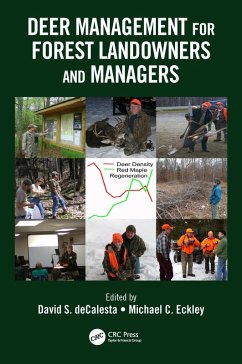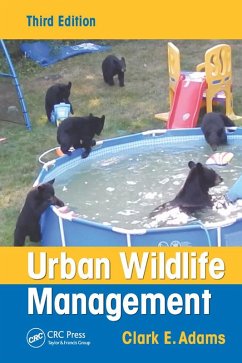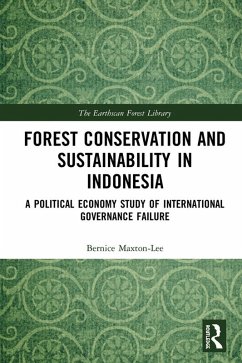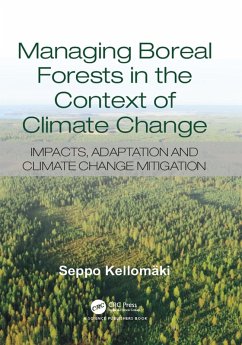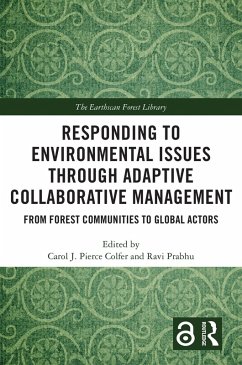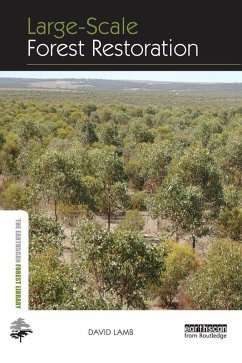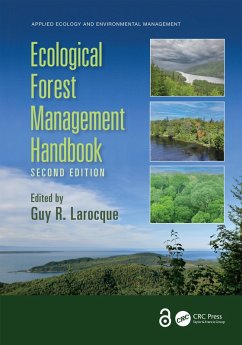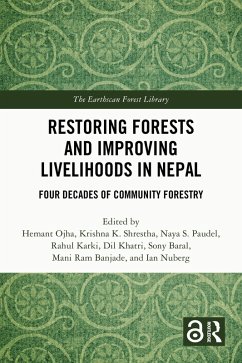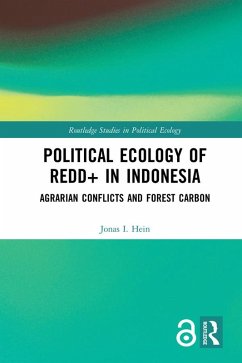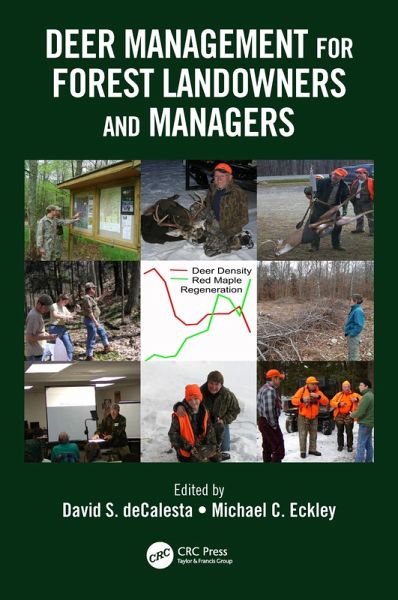
Deer Management for Forest Landowners and Managers (eBook, PDF)
Versandkostenfrei!
Sofort per Download lieferbar
67,95 €
inkl. MwSt.
Weitere Ausgaben:

PAYBACK Punkte
34 °P sammeln!
This book is designed to help landowners and forestry professionals develop, implement, and monitor programs to manage both deer and forests with emphasis on resolving deer impact issues. Chapters cover management strategies through identifying and setting goals; managing deer populations and deer impact on land; economics of forest, deer, and impact management; human dimensions of deer management; and developing and implementing integrated management plans. The book presents an integrated, quantitative approach for managing deer populations and impacts so users can manage forest resources sus...
This book is designed to help landowners and forestry professionals develop, implement, and monitor programs to manage both deer and forests with emphasis on resolving deer impact issues. Chapters cover management strategies through identifying and setting goals; managing deer populations and deer impact on land; economics of forest, deer, and impact management; human dimensions of deer management; and developing and implementing integrated management plans. The book presents an integrated, quantitative approach for managing deer populations and impacts so users can manage forest resources sustainably.
Dieser Download kann aus rechtlichen Gründen nur mit Rechnungsadresse in A, B, BG, CY, CZ, D, DK, EW, E, FIN, F, GR, HR, H, IRL, I, LT, L, LR, M, NL, PL, P, R, S, SLO, SK ausgeliefert werden.




